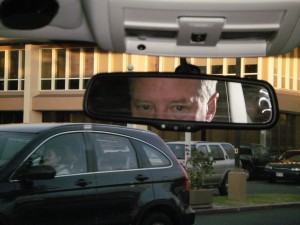“How training can elevate your customer service from good to great”
This blog post by Canada Business talks about the value of customer service training. The post states that “employees’ customer service skills contribute to your business’ success”, and I agree with the statement. Salespersons’ interactions with customers can have a huge influence on their decision to purchase, and on their overall view of the company. This reminded me of the class where we talked about customer service, especially the customer service at Zappos.

Zappos definitely values customer service training, as they require new employees to complete “a hundred and sixty hours of customer-loyalty training”. Zappos’ CEO, Tony Hsieh, is even willing to offer $2000 to each employee in training. Trainees then have the option to take the money, or to turn it down and continue with the intensive training. This helps Zappos to ensure that all of their employees are passionate about their work. Passionate employees then pass on their passion and happiness through their customer service, thus making the customer happy. Keeping customers happy is one of Zappos’ highest priorities (as Core Value No. 1 is: Deliver WOW through service), and I believe that this is a great approach. It’s never good to have an unhappy customer… (Dell…)
Images: http://kittybradshaw.com/wp-content/uploads/2009/01/zappos.jpg




